Pinstripe damba - Paretroplus menarambo
Scientific name: Paretroplus menarambo
Common name: Pinstripe damba
Family: Cichlidae
Usual size in fish tanks: 11 - 13 cm (4.33 - 5.12 inch)
014
Recommended pH range: 6.5 - 7.5
Recommended water hardness: 6 - 17°N (107.14 - 303.57ppm)
0°C 32°F30°C 86°F
Recommended temperature range: 23 - 28 °C (73.4 - 82.4°F)
The way how these fish reproduce: Spawning
Where the species comes from: Madagascar
Temperament to its own species: peaceful
Temperament toward other fish species: peaceful
Usual place in the tank: Middle levels
Origin
The Pinstripe Damba (Paretroplus menarambo) is native to Madagascar, specifically from Lake Sarodrano and the Sofia River basin. Due to habitat destruction and overfishing, this species is now classified as Critically Endangered in the wild. Conservation efforts are crucial to preserving this unique cichlid, making it an important species for aquarists to breed and maintain in captivity.
Lifespan
With proper care, Paretroplus menarambo can live for 8-12 years in an aquarium setting. Maintaining high water quality and a suitable environment is key to maximizing their lifespan.
Short Description
The Pinstripe Damba is a peaceful and somewhat shy cichlid known for its distinct pinstripe pattern. Growing to a size of 11-13 cm (4.33-5.12 inches), they require a spacious tank with a sandy substrate, as they are natural sand sifters. Rocks and driftwood should be added to create hiding places, helping them feel secure. Since these fish need ample swimming space and prefer to be kept in groups, a large aquarium is essential for their well-being. Inadequate space or improper tankmates can lead to aggression. Due to their slow growth rate, reaching maturity at around 2-3 years, purchasing these fish with the intent to breed is recommended, especially given their critical status in the wild.
Pinstripe Dambas are extremely sensitive to water conditions, so regular maintenance and a powerful filtration system are required to manage the large amounts of waste they produce. Frequent water changes are essential to keep nitrate levels low and ensure a healthy environment.
General Care
These fish are best kept in small groups to replicate their natural social behavior. A tank of at least 200 liters (50 gallons) is recommended, though larger is better to allow them to establish territories. When kept singly or in pairs, they may exhibit aggression, but in groups, they tend to be more peaceful. Suitable tankmates include bottom-dwelling catfish and other Madagascan cichlids that share similar water parameters.
Maintain the water temperature between 23-28°C (73.4-82.4°F) with a pH range of 6.5-7.5. Water hardness should be kept between 6-17°N (107.14-303.57 ppm). Given their sensitivity to poor water conditions, use a high-capacity filtration system to keep the water clean and stable. Weekly water changes of 20-30% are advised to ensure optimal water quality.
Food and Feeding
Pinstripe Dambas are not fussy eaters and will accept a variety of foods. A high-quality flake or pellet can serve as the staple diet, but it's important to supplement this with live or frozen foods like bloodworms and brine shrimp to provide balanced nutrition. Offering a diverse diet will help maintain their health and vibrant coloration.
Sexing
Pinstripe Dambas are challenging to sex as there are no visible differences between males and females. This difficulty makes breeding more complex, often requiring the purchase of a group of juveniles to allow natural pairing as they mature.
Breeding
Paretroplus menarambo are substrate spawners that require flat rocks or wood surfaces in the tank for spawning. They do not reach sexual maturity until 2-3 years of age, so patience is necessary for breeding. It's best to acquire a small group of juveniles and let them form natural pairs over time. To encourage spawning, performing a cold water change may help, and keeping the tank lighting subdued can reduce distractions for the breeding pair.
The parents clean the chosen spawning site, either a flat surface or a pit in the substrate, before depositing the eggs. Both parents will guard the eggs, which typically hatch within 4-5 days. Once the fry become free-swimming, they can be fed newly hatched brine shrimp to promote healthy growth. Observing parental care in this species can be a rewarding experience for the aquarist.
Conclusion
The Pinstripe Damba is a unique and peaceful cichlid that requires careful attention to water quality, diet, and tank environment. Due to its critical status in the wild, aquarists should consider breeding these fish to contribute to their conservation. By providing a spacious tank, suitable tankmates, and proper care, this species can thrive and be a fascinating addition to a well-maintained aquarium.
Pictures
Bought by aqua-fish.net from jjphoto.dk.
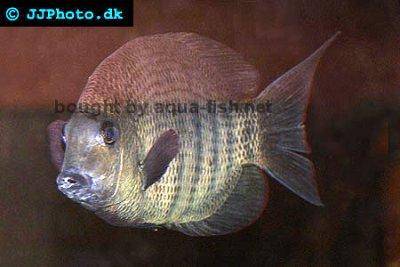




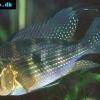 Thread-finned
Thread-finned 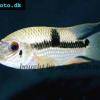 Acara
Acara 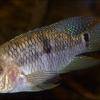 Yellow
Yellow 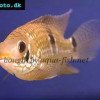 Patrick's
Patrick's 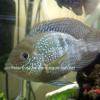 Blue
Blue 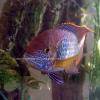 Green
Green 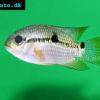 Acara
Acara 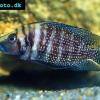 White
White 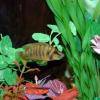 Compressed
Compressed 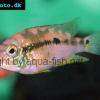 Pastel
Pastel 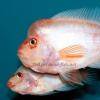 Midas
Midas 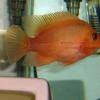 Red
Red 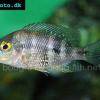 Bluemouth
Bluemouth 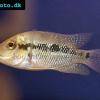 False
False 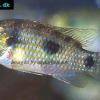 African
African 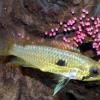 Agassiz's
Agassiz's 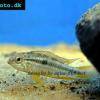 Banded
Banded 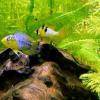 Yellow
Yellow 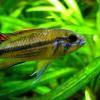 Cockatoo
Cockatoo 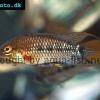 Blue
Blue 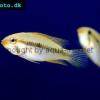 Blackstripe
Blackstripe 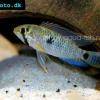 Highfin
Highfin 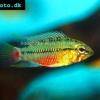 Redstripe
Redstripe 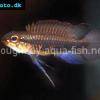 Threadfinned
Threadfinned 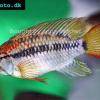 Macmaster’s
Macmaster’s 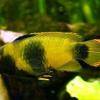 Panda
Panda 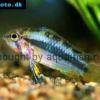 Norbert’s
Norbert’s 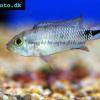 Blue
Blue 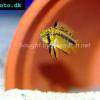 Thin-line
Thin-line 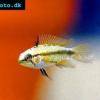 Three-striped
Three-striped 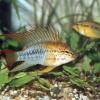 Viejita
Viejita 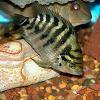 Flier
Flier 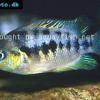 Archocentrus
Archocentrus 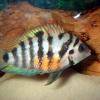 Convict
Convict 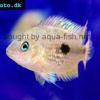 Seven
Seven 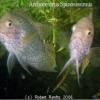 Spiny
Spiny 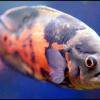 Oscar
Oscar 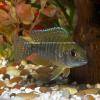 Sunshine
Sunshine 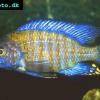 Chitande
Chitande 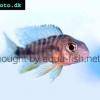 Firebird
Firebird 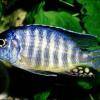 Midnight
Midnight 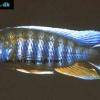 Lake
Lake 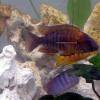 Sunshine
Sunshine 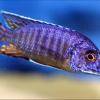 Aulonocara
Aulonocara 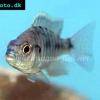 Nyasa
Nyasa 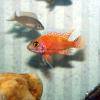 Ruby
Ruby 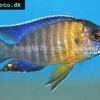 Grants
Grants 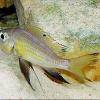 Aulonocranus
Aulonocranus 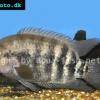 Chameleon
Chameleon 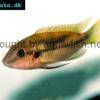 Benitochromis
Benitochromis 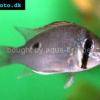 Orinoco
Orinoco 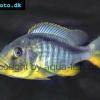 Yellow
Yellow 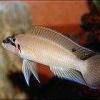 Brichard’s
Brichard’s 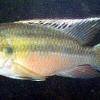 Guenther’s
Guenther’s 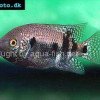 Southern
Southern 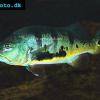 Cichla
Cichla 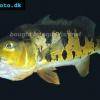 Peacock
Peacock 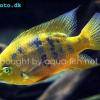 Chiseltooth
Chiseltooth 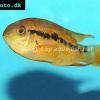 Bolivian
Bolivian 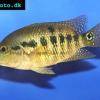 Red
Red 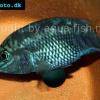 Many-pointed
Many-pointed 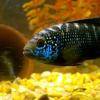 Jack
Jack 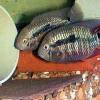 Red
Red 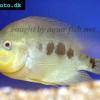 Three
Three 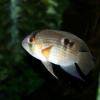 Keyhole
Keyhole 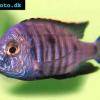 Azureus
Azureus 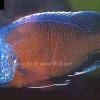 Red
Red 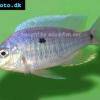 Jackson’s
Jackson’s 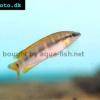 Crenicichla
Crenicichla 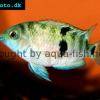 Honduran
Honduran 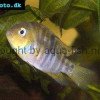 Blue-eye
Blue-eye 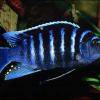 Afra
Afra 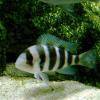 Frontosa
Frontosa 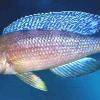 Slender
Slender 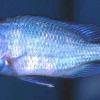 Malawi
Malawi 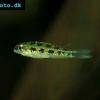 Chequerboard
Chequerboard 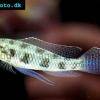 Checkerboard
Checkerboard 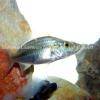 Malawi
Malawi 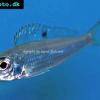 Ectodus
Ectodus 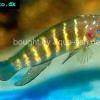 Tanganyika
Tanganyika 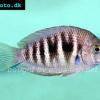 Canara
Canara 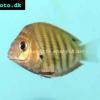 Green
Green 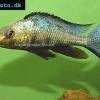 Rostratus
Rostratus 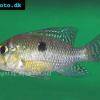 Pearl
Pearl 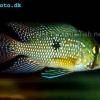 Geophagus
Geophagus 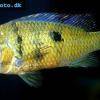 Yellowhump
Yellowhump 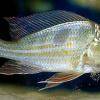 Suriname
Suriname 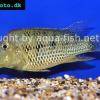 Redhump
Redhump 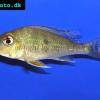 Red
Red 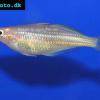 Dority’s
Dority’s 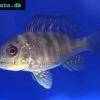 Argentine
Argentine 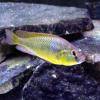 Burton’s
Burton’s 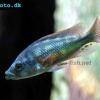 Victoria
Victoria 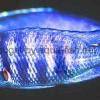 Haplochromis
Haplochromis 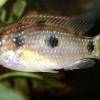 Jewel
Jewel 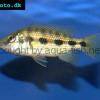 Banded
Banded 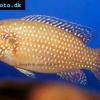 Lifalili
Lifalili 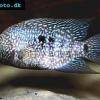 Lowland
Lowland 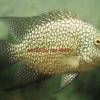 Texas
Texas 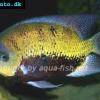 Pantano
Pantano 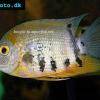 Severum
Severum 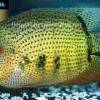 Banded
Banded 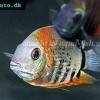 Severum
Severum 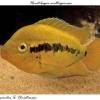 Rainbow
Rainbow 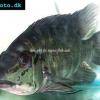 Parrot
Parrot 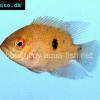 Chocolate
Chocolate 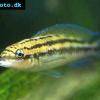 Brown
Brown 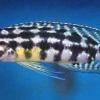 Marlieri
Marlieri 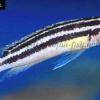 Golden
Golden 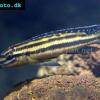 Striped
Striped 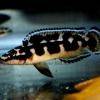 Masked
Masked 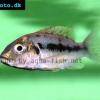 Konye
Konye 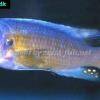 Blue
Blue 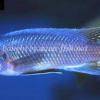 Trewavas
Trewavas 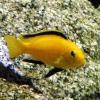 Electric
Electric 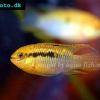 Dwarf
Dwarf 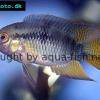 Redbreast
Redbreast 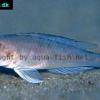 Lamprologus
Lamprologus 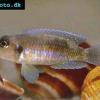 Gold
Gold 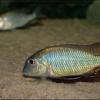 Greenface
Greenface 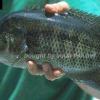 Mayan
Mayan 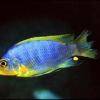 Aurora
Aurora 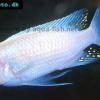 Blue
Blue 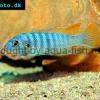 William’s
William’s 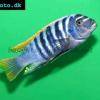 Zebra
Zebra 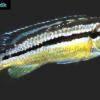 Malawi
Malawi 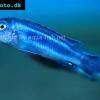 Blue
Blue 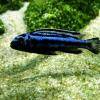 Blue
Blue 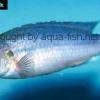 Mbuna
Mbuna 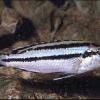 Parallel
Parallel 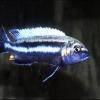 Purple
Purple 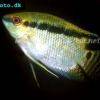 Flag
Flag 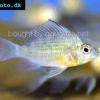 Bolivian
Bolivian 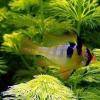 Ram
Ram 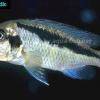 Basket
Basket 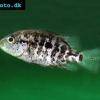 Haitian
Haitian 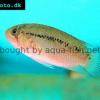 Zebra
Zebra 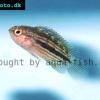 Striped
Striped 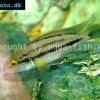 Neolamprologus
Neolamprologus 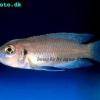 Brevis
Brevis 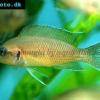 Fairy
Fairy 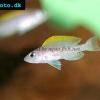 Neolamprologus
Neolamprologus 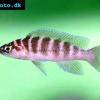 Cylindricus
Cylindricus 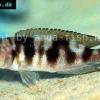 Hecq’s
Hecq’s 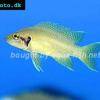 Neolamprologus
Neolamprologus 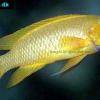 Lemon
Lemon 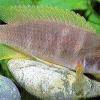 Mustax
Mustax 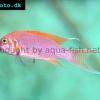 Daffodil
Daffodil 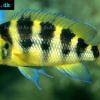 Six-bar
Six-bar 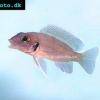 Five-bar
Five-bar 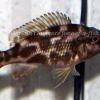 Marbled
Marbled 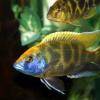 Giraffe
Giraffe 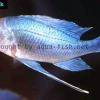 Blue
Blue 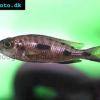 Sulphurhead
Sulphurhead 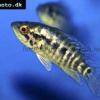 Wolf
Wolf 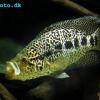 Jaguar
Jaguar 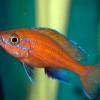 Blue
Blue 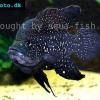 Marakeli
Marakeli 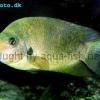 Madagascar
Madagascar 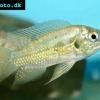 Pelmatochromis
Pelmatochromis 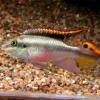 Kribensis
Kribensis 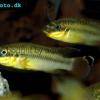 Striped
Striped 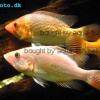 Red
Red 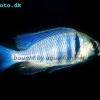 Deepwater
Deepwater 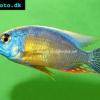 Fenestratus
Fenestratus 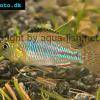 Nichols’
Nichols’ 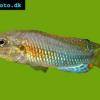 Southern
Southern 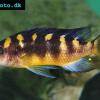 Bumble
Bumble 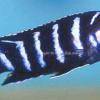 Demason’s
Demason’s 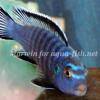 Slender
Slender 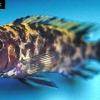 Red
Red 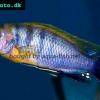 Mbuna
Mbuna 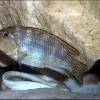 Malawi
Malawi 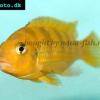 Kenyi
Kenyi 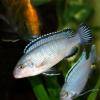 Powder
Powder 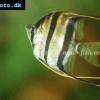 Altum
Altum 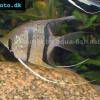 Angelfish
Angelfish 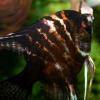 Angelfish
Angelfish 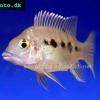 East
East 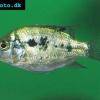 Juba
Juba 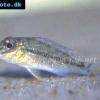 Earth
Earth 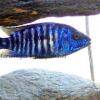 Electric
Electric 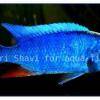 Azure
Azure 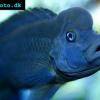 Lionhead
Lionhead 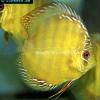 Discus
Discus 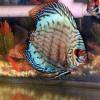 Blue
Blue 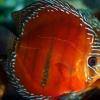 Red
Red 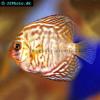 Zebra
Zebra 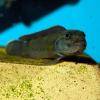 Brichard’s
Brichard’s 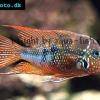 Blue
Blue 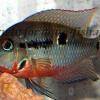 Firemouth
Firemouth 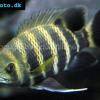 Zebra
Zebra 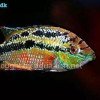 Yellow
Yellow 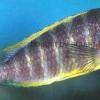 Blue
Blue 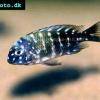 Dwarf
Dwarf  Blunthead
Blunthead 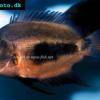 The
The 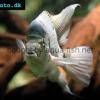 White
White 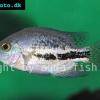 Twoband
Twoband 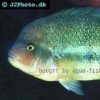 Fenestratus
Fenestratus 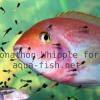 Window
Window 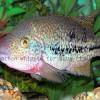 Tailbar
Tailbar 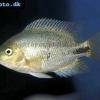 Black
Black 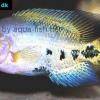 Redhead
Redhead 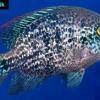 Oaxaca
Oaxaca 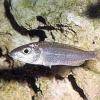 Xenotilapia
Xenotilapia